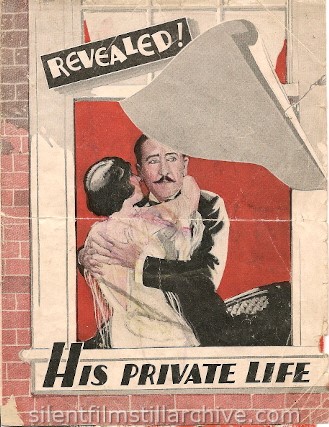
Yet there are plenty of memorials to him to be found. Today, however, he is closer to a national embarrassment, about whom the less said the better. In less oratorical moments, he put it even more bluntly: “I prefer land to niggers.”įor much of the century since his death, Rhodes has been revered as a national hero. We must adopt a system of despotism in our relations with the barbarians of South Africa”. It was Rhodes, too, who in 1887 told the House of Assembly in Cape Town that “the native is to be treated as a child and denied the franchise. It’s easier to focus on the region’s more recent, less Anglo white supremacists: Ian Smith, for instance, who – despite his Scottish background – seems cut from the same stuff as those Afrikaner politicians who nurtured and maintained apartheid farther south.īut it was Rhodes who originated the racist “land grabs” to which Zimbabwe’s current miseries can ultimately be traced.

Unlike the African press, the Western media rarely invoke the name of Cecil John Rhodes: nearly a century after his death – on 26 March 1902 – his name is more associated with Oxford Scholarships than with murder. They are practices imported to this region, along with the railways, by the British.

North of the Zambezi, they have long known about the suppression of free speech, about the bloody redistribution of land along racial lines, about politicians happy to employ armed – and sometimes uniformed – mobs to kill their opponents. Cecil Rhodes: A Bad Man in Africa The evil that men do lives after them – and rarely more miserably than in the case of Cecil Rhodes, who died 100 years ago this month.


 0 kommentar(er)
0 kommentar(er)
